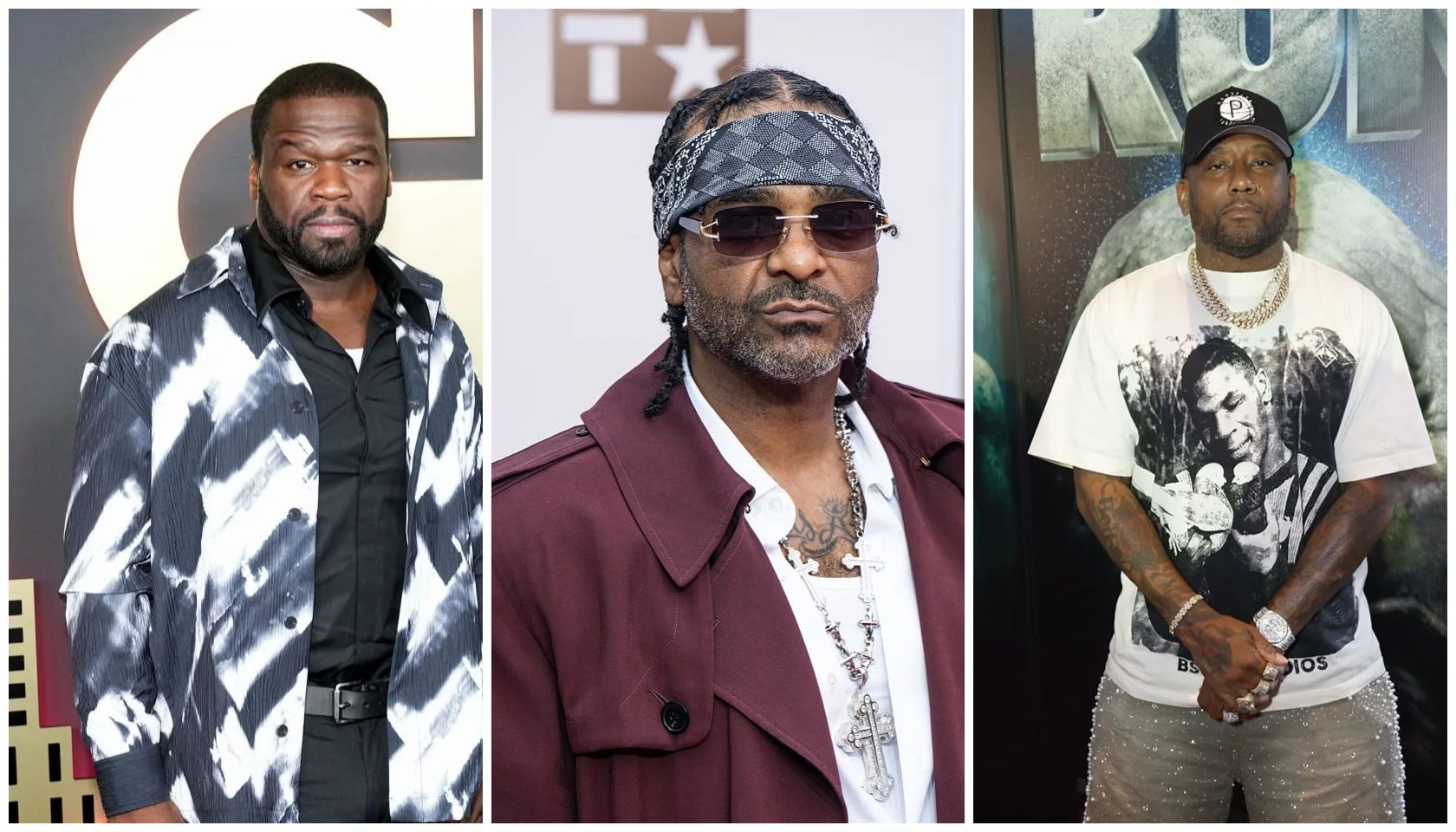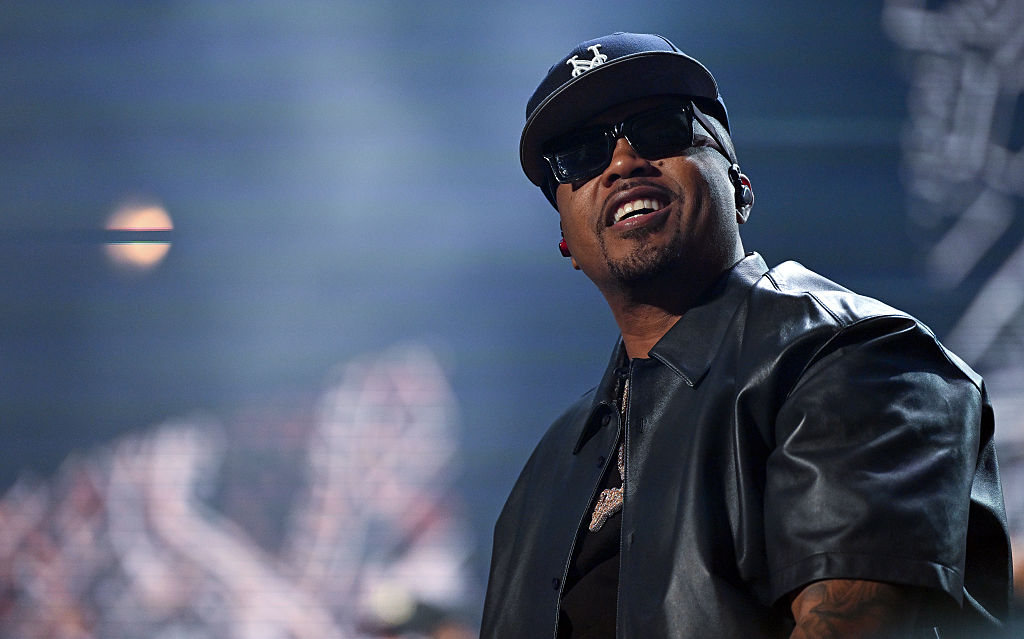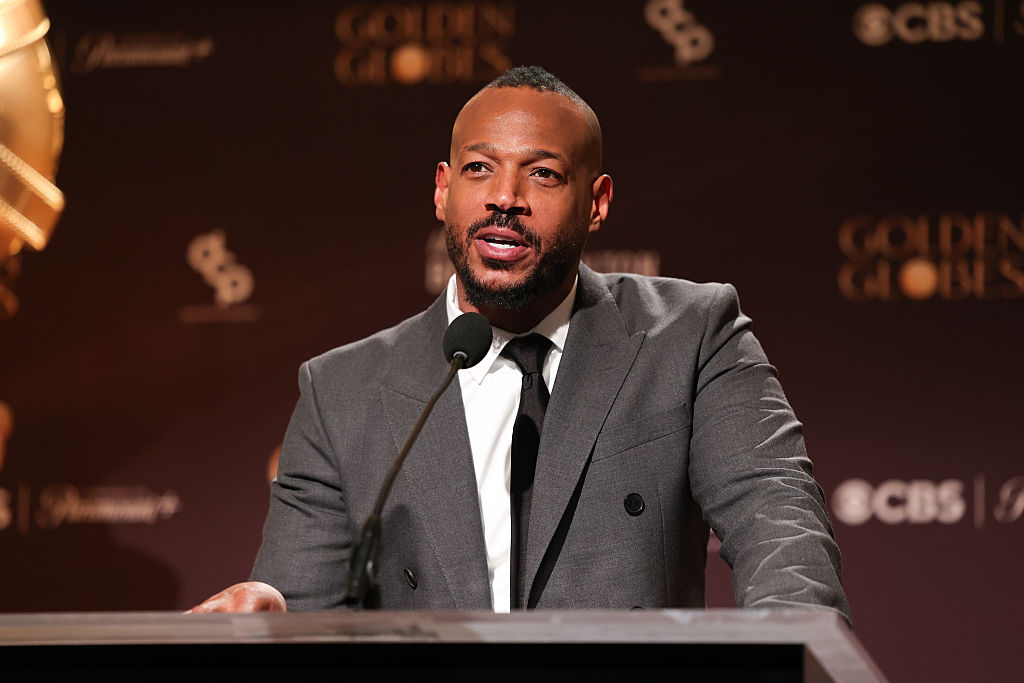Famous Musicians And The Record Labels They Battled
Famous Musicians And The Record Labels They Battled [Photos]
Share the post
Share this link via
Or copy link
On December 4, 2014, Lil Wayne joined Lil Bow Wow and Tyga as artists who expressed frustration with their Cash Money due to their albums not being released. Suffice it to say, that’s not a group of peers Wayne is generally associated with.
Wayne took to Twitter to voice his frustration with Cash Money co-founder Bryan “Birdman” Williams over the multiple delays of Tha Carter V. It’s a strange move for Wayne, but it’s a rather common problem in the music industry. Look at these famous musicians and the record labels they battled and see where Lil Wayne versus Cash Money ranks.
—
Photo: WENN
With the death of Tupac Shakur and the departure of Dr. Dre, Snoop Dogg was the last man standing at Death Row. After complaining about missed payments and beating cheated out of his royalties, Snoop dropped the song “Death Row Killa.” He eventually went on to sign with Master P and No Limit Records.
Love Hip-Hop Wired? Get more! Join the Hip-Hop Wired Newsletter
We care about your data. See our privacy policy.
Berry Gordy and his quality control department at Motown initially gave Marvin Gaye’s What’s Going On album a thumbs down. Gaye allegedly refused to ever record again unless Gordy and Motown released the album.
After Columbia Records failed to promote Johnny Cash’s 1964 album, Bitter Tears, Cash took out a full-page ad in Billboard magazine and wrote an open letter to the record industry entitled “Where Are Your Guts?” Columbia never relented, so Cash promoted the album himself, and it eventually peaked as the #2 album in the country.
While battling Warner Bros. in the ‘90s, Prince publicly wrote the word “slave” on his cheek, changed his name to an unpronounceable symbol and stopped recording a huge portion of his catalogue. Both parties eventually came to the table and settled.
In 2010, Pink Floyd took EMI to court on grounds that the legendary band didn’t want their albums unbundled and sold as individual singles through retailers like iTunes. Both parties eventually settled, with Pink Floyd renewing their contract as the individual singles were sold.
50 Cent publicly threatened to leak new Dr. Dre material and 50 also feuded with Interscope Records about promoting his own record due to what he deemed as a mishandling of his music. It didn’t help that former Interscope boss Jimmy Iovine thought 50 was trying to compete with him by creating a line of high-end headphones to battle Iovine and Dre’s Beats line.
When MCA rejected Tom Petty’s first solo album on the grounds that they didn’t think it had any marketable singles, Petty just started another band. He formed The Traveling Wilburys, which was distributed independently in 1989. The MCA suits who rejected his initial solo album were gone by the time Petty returned. The unmarketable album in question, Full Moon River, sold five million copies.
By most accounts, egos, depression, and creative differences all played a part in the Beastie Boys leaving Def Jam. Things got so bad lawsuits were filed and Def Jam was accused of withholding royalty payments. The Beastie Boys would gain their freedom and release Paul’s Boutique on Capitol.
Like many Bad Boy artists, The LOX accused label head Sean Combs of shady business tactics, saying Combs owned half of their publishing. To counter, the Yonkers trio created “Free The LOX” and “Let The LOX Go” slogans then publicly feuded with Combs on the Hot 97 airwaves.
Lil Wayne isn’t the first artist to feud with Birdman and Cash Money Records. In 2012, Juvenile told Complex he had to take Cash Money to court for what ended up being $11 million due to them not delivering on their contractual obligations. In October of 2014, Juvenile returned to Cash Money.
After the release of Everybody’s Rockin’ David Geffen of Geffen Records sued Neil Young for $3 million for a lack of commercial viability. Young responded by countersuing Geffen for $21 million. Eventually both suits were dropped and Young even returned to record under Geffen Records.
George Michael publicly accused Epic Records of failing to promote his 1990 album, Listen Without Prejudice, claimed Sony was punishing him for not maintaining his sultry image, and filed a lawsuit. But a British judge upheld what was then a 15-year contract with Sony.
Amanda Palmer initially clashed with Warner Music Group/Roadrunner Records when she declined to make edits to her 2008 video “Leeds United.” By 2010 things worsened to the point where Palmer released the song “Please Drop Me.” Roadrunner obliged, and by 2011, Palmer was releasing music under her own imprint.
After announcing the artwork for his Tha Carter V album via ESPN, back in August, Lil Wayne has yet to get a firm release date for his latest album. In an uncharacteristic move, Wayne took to Twitter blaming Baby, Cash Money, and expressing his desire to leave the label. He’s yet to follow up on the tweets, but his potential departure would mean all four members of the original Hot Boys have left Cash Money at some point in their careers.































